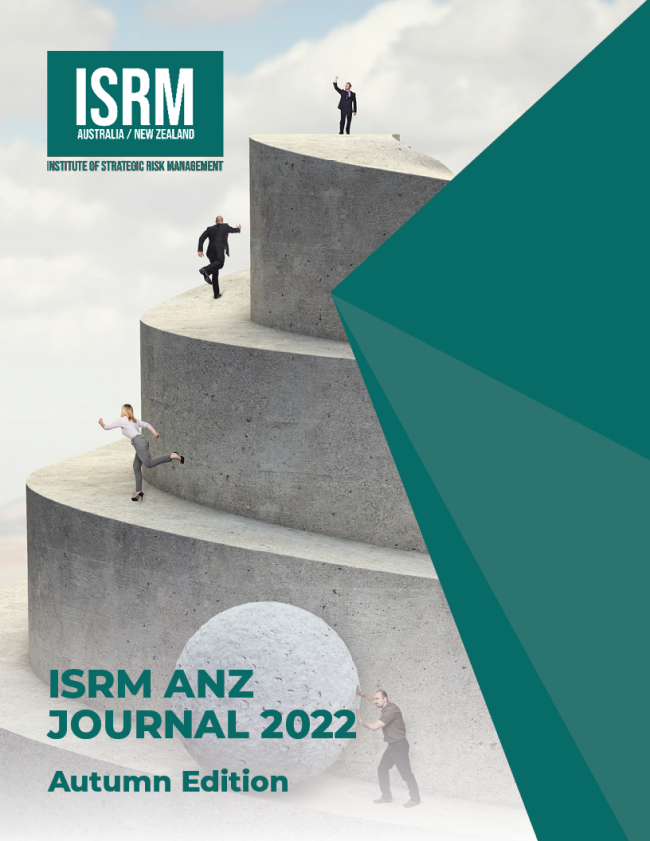For leaders, these words of Winston Churchill remain as applicable today as they were in 1945. It is estimated that 60% of Australian small businesses fail in their first three years of operation, but the larger the enterprise, the greater their chance for survival (ASBFEO, 2019). Understanding what influences these outcomes will assist managers improve the longevity of their businesses. Knowledge of market forces, ongoing research, managing opportunities and risks, and strong financial acumen all impact business success (Lee-Schneider, online). Leaders must also appreciate the value of effective leadership and management in attracting and retaining the right staff, and to motivate, develop and guide employees to achieve high-performance outcomes. These essential focus areas form a key part of the CEO’s role, as well as those of Boards and managers, if their organisation is to be successful and sustainable for the long term.
Leadership expectations about management and organisational design continue to evolve. The latter half of the 20th century focused heavily on transactional versus transformational leadership. However, there are major weaknesses in this binary choice, including the ambiguity of the transformational or charismatic leadership style influencing work outcomes (Yuki, 1999).
“We are shaping the world faster than we can change ourselves, and we are applying to the present the habits of the past” Winston Churchill” (1945)
In assessing the human dimension of leadership, one simplistic, and potentially controversial, way is to assess the abilities of people during a crisis, using the 10-80-10 principle (SRMC, online). During a crisis, about 10% of people, the “Survivors”, are leaders who have a plan and take decisive action. Another 80% are dazed, panicky or disoriented, called the “Confused”. They may struggle to make sense of the situation, seek direction, and/or wait for others to take the lead and advise them what to do. Ten percent, the “Doomed”, behave in counter-productive ways, intentionally ignoring authoritative sources and who potentially do the wrong thing (ibid).
Creating more “Survivors” becomes important as organisations navigate increasingly volatile, uncertain, complex, and ambiguous (VUCA) operating environments (Bennett & Lemoine, 2014). Investing in pre-planning, leadership development, and staff preparedness during BAU times makes sense for the inevitable times of crisis and VUCA environments.
To continue reading, download your copy today.
Complete your details below to download a copy of the journal


